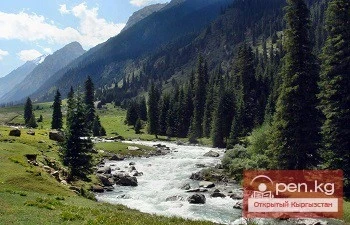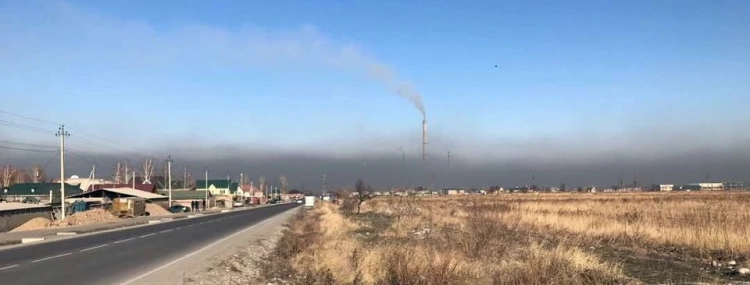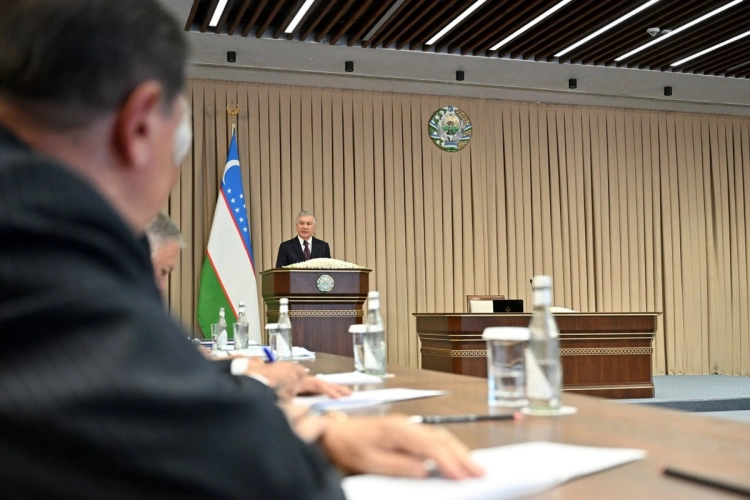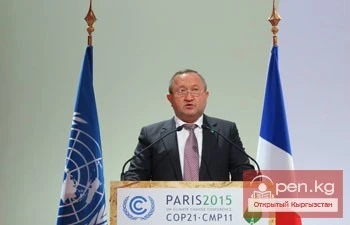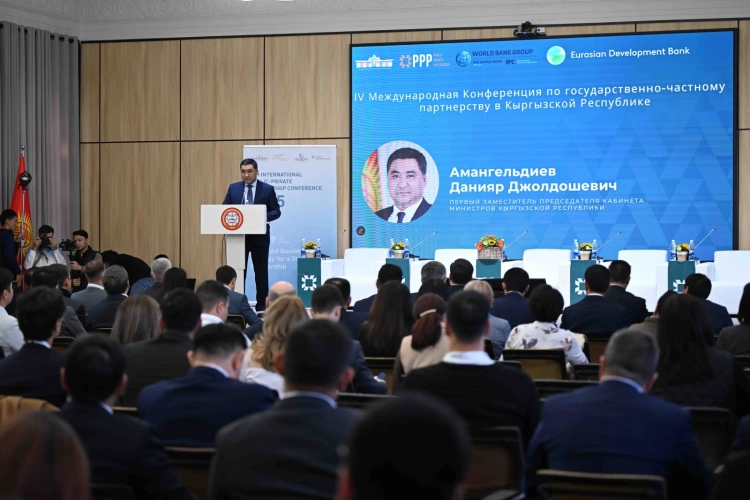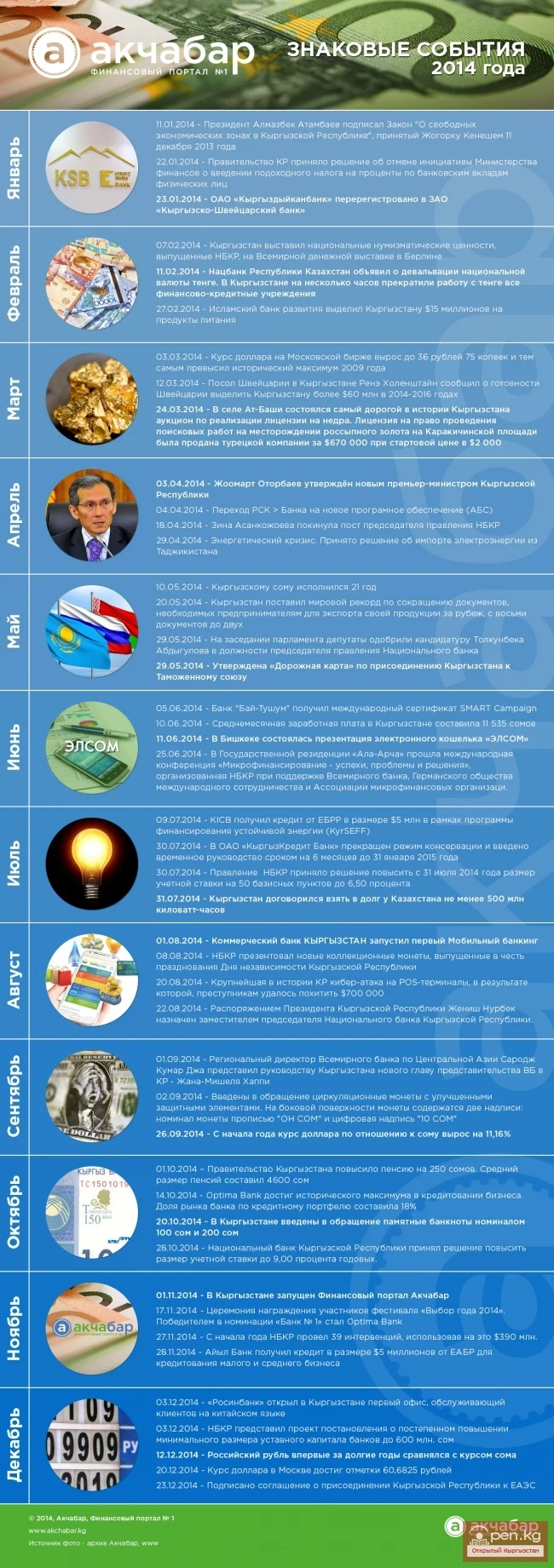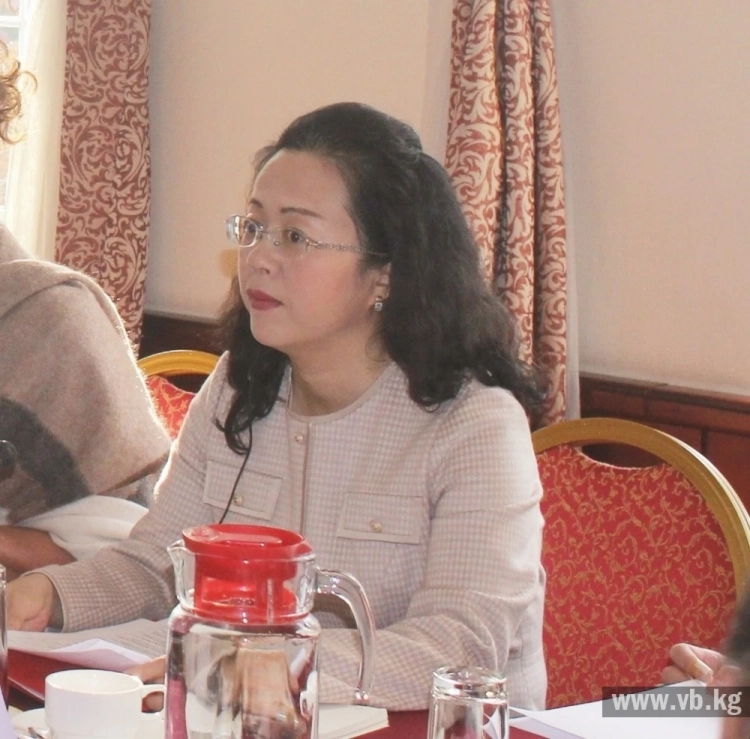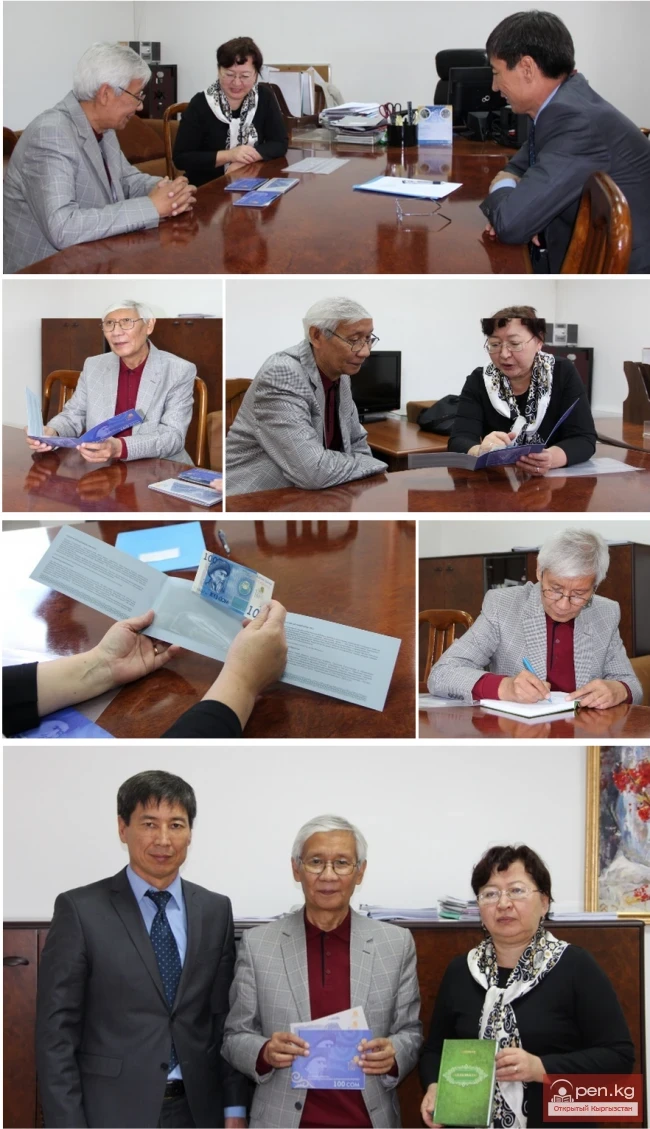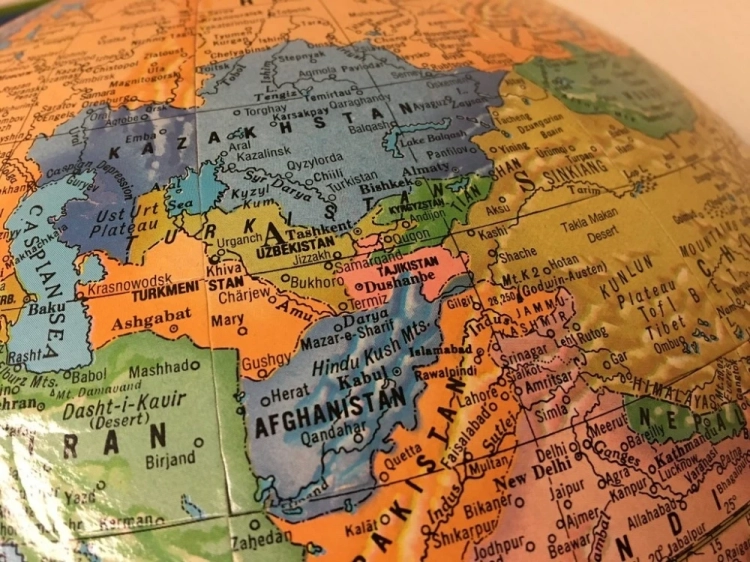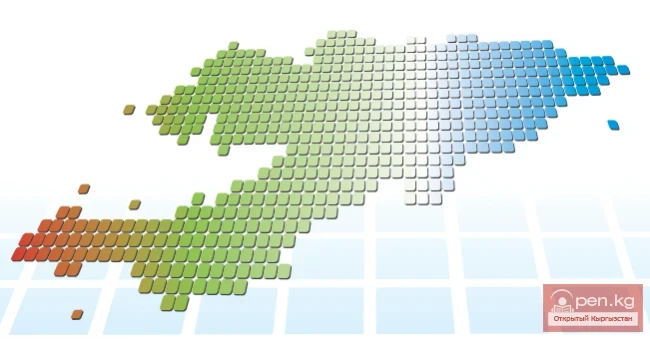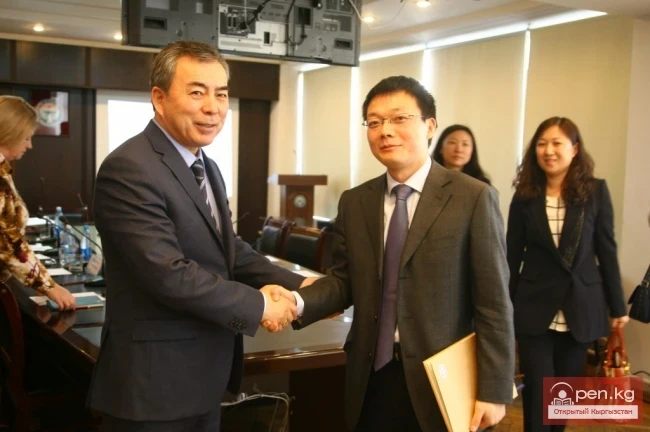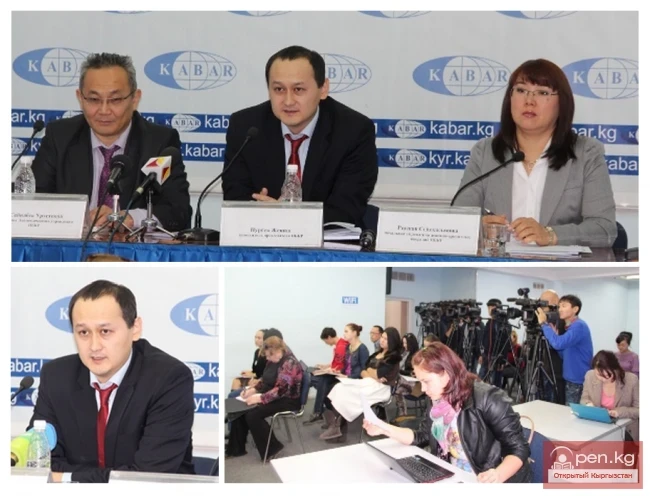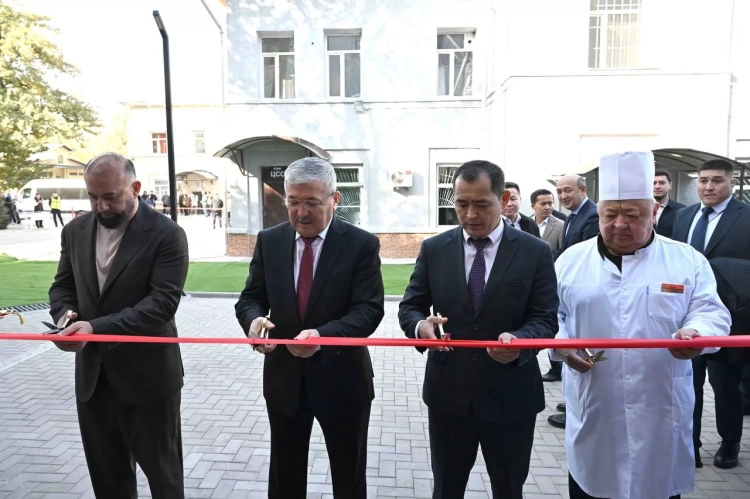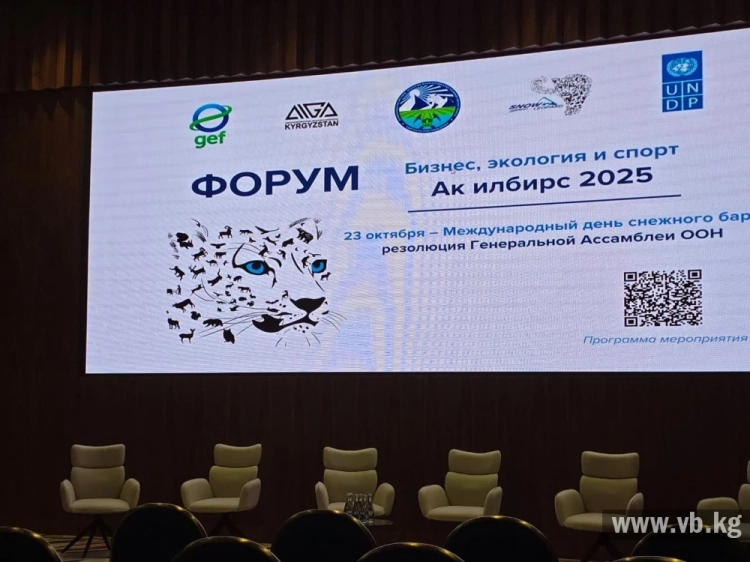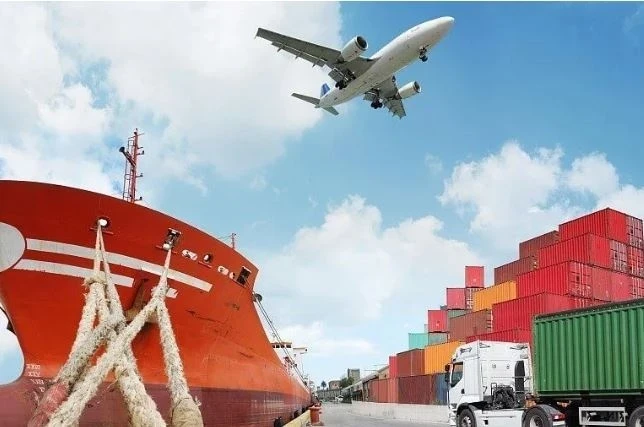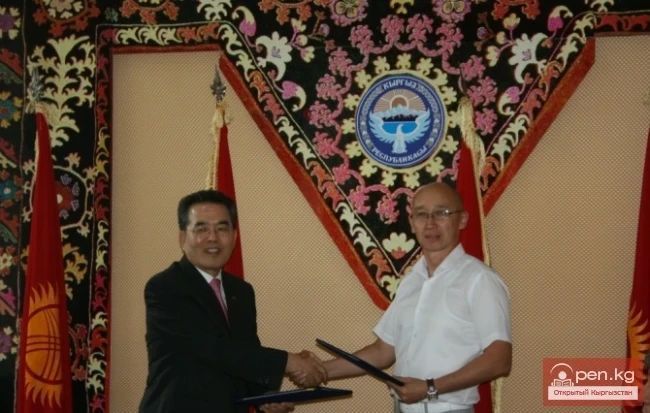
According to Turgunbaev, the impact of climate on the economy is becoming increasingly evident. Almost every fourth citizen of the country is employed in agriculture, and any problems in this sector directly affect the overall state of the economy. The National Bank has recognized the importance of climate factors and in 2023 proposed recommendations for banks on accounting for climate risks in the lending process. As part of a special plan effective until 2026, financial institutions must monitor how climate changes affect their clients and the financial system as a whole.
Government agencies are also taking measures in this direction. In 2024, the Green Taxonomy was introduced in the country—a list of environmentally safe technologies and projects, which helps investors, businesses, and government institutions make informed investment decisions.
The international community actively supports these initiatives. In collaboration with UNDP and the Green Climate Fund, Kyrgyzstan is developing standards for "green" lending. The National Bank, the Development Bank, and the Union of Banks are working on creating a unified risk assessment system and attracting investments in sustainable projects, which opens access to international climate funds.
The Development Bank has already begun offering special loans for environmentally friendly initiatives, and new financial products are being developed in collaboration with UNDP to support businesses in transitioning to modern standards. Private banks are also joining this initiative.
Additionally, a weather risk insurance system is actively developing. In 2025, the government returned to the concept of agricultural insurance, offering state support and simplified payouts. This allows farmers to receive compensation automatically in the event of adverse weather conditions, which is critically important for rural regions.
The financial market is also changing in light of new realities. "Green" bonds have already appeared—securities whose proceeds are directed towards environmental projects. Special deposits, "green" mortgages, and loans for solar panels have been introduced, confirming that these innovations are becoming part of banking practice and contributing to the sustainable development of the economy.
All these initiatives are supported by people, companies, experts, and international partners who are jointly creating a new financial architecture that takes climate factors into account. While we cannot control the weather, we can manage the consequences of its changes.
